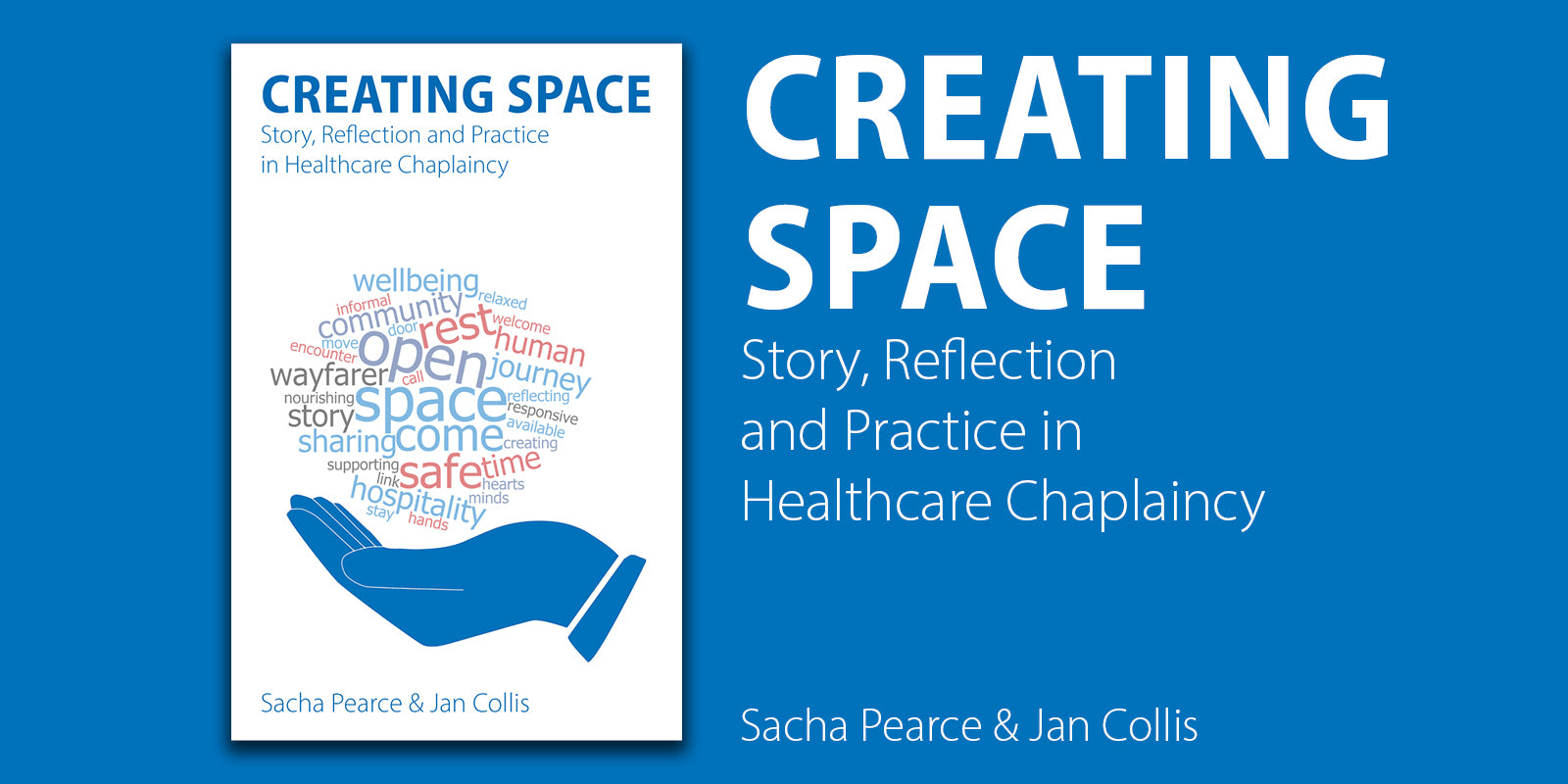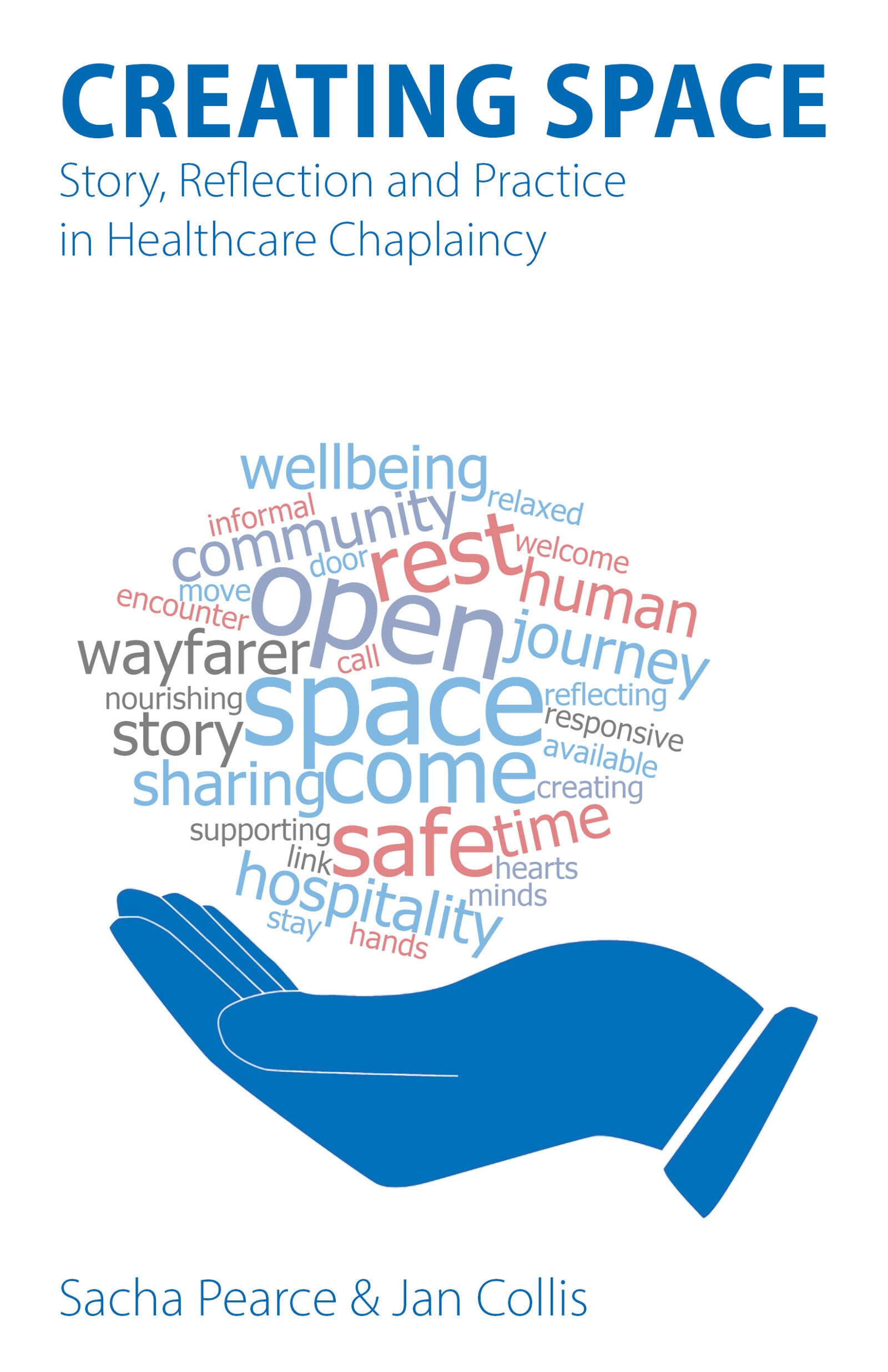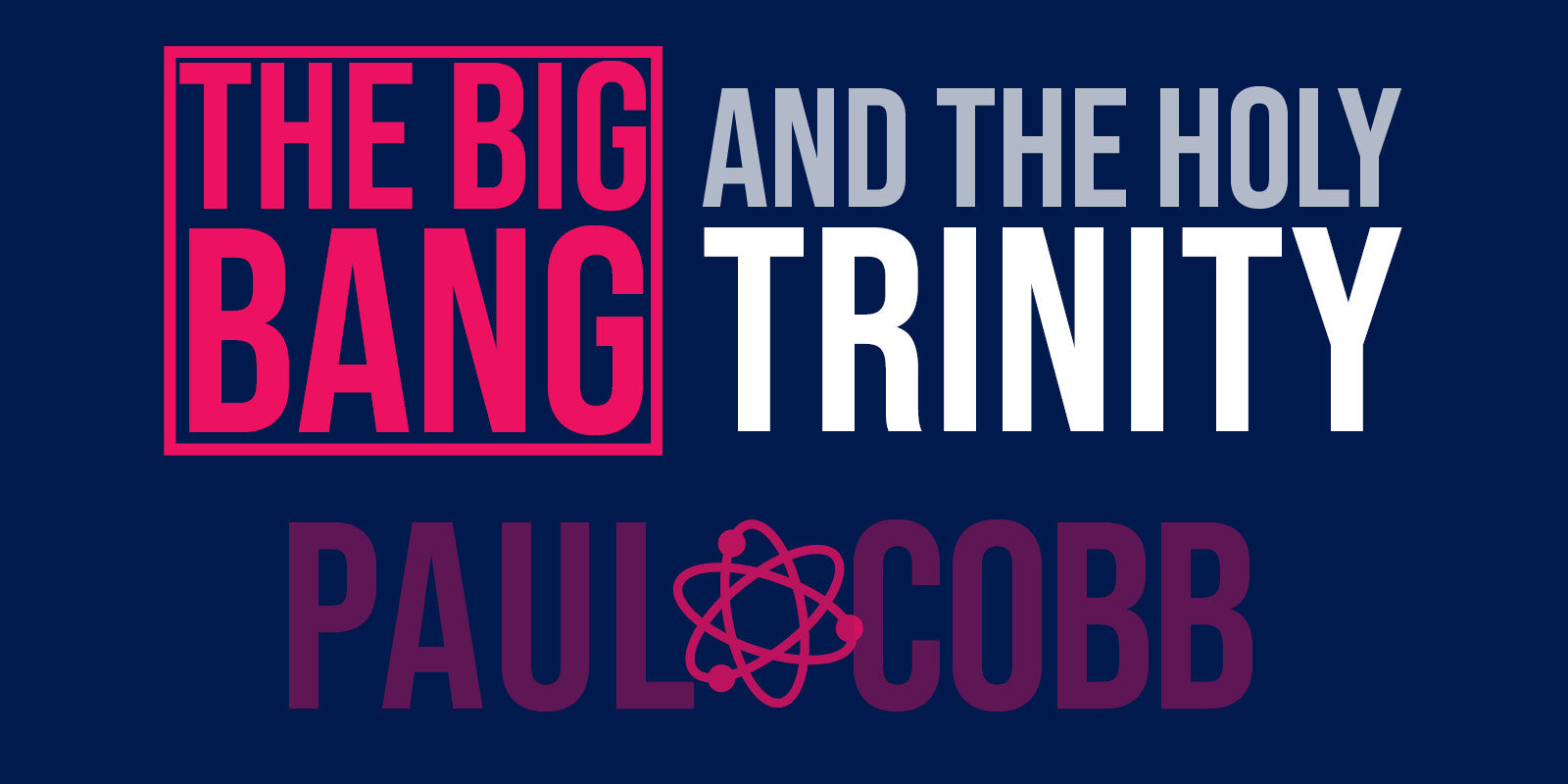GUEST BLOG: Sacha Pearce and Jan Collis, authors of Creating Space: Story, Reflection and Practice in Healthcare Chaplaincy, discuss what real listening looks like.
Last year, the Communications Team in our hospital came to interview us for a piece they were producing for an in-house magazine. You know the sort of thing: ‘A day in the life of a chaplain’ kind of article. In the opening remarks they wrote: “God doesn’t come into the conversation. We’ve been talking for a while and you’ve not mentioned God, so how do I know you believe in him?”
“We don’t mention religion at all unless that’s what people want to talk about,” say the chaplains. We don’t mention a passion for steam trains or the joys of sock knitting either. In other words, we don’t talk about what interests us because we are alongside people to discover what they may find really important in their lives. The point we were trying to make was that the majority of the work chaplains undertake in our hospital is pastoral and spiritual care, with religious care generally being less called for than one might expect. The overarching definition of our work is creating space, hence the title of our book. When this is offered to someone, whether a hospital patient, or relative, or a member of staff, the created space is not ours to fill with something one imagines the other person needs or wants. It’s not for us to fill that space with prayer or religious talk if that person has no earthly interest in any of that. We are not shy or embarrassed about religion and neither are we being politically correct. We are simply responding to the needs and desires of the person at that moment. It’s our experience that even if people are interested in religion, or are church attenders, and their vicar telephones us to say that their parishioner will want prayer, Holy Communion or other types of religious care, it’s often the case that when we visit, the patient will not necessarily be interested in those offerings. Rather, more often than not, they prefer to have someone who is prepared to spend time to listen deeply to them.
the joys of sock knitting either. In other words, we don’t talk about what interests us because we are alongside people to discover what they may find really important in their lives. The point we were trying to make was that the majority of the work chaplains undertake in our hospital is pastoral and spiritual care, with religious care generally being less called for than one might expect. The overarching definition of our work is creating space, hence the title of our book. When this is offered to someone, whether a hospital patient, or relative, or a member of staff, the created space is not ours to fill with something one imagines the other person needs or wants. It’s not for us to fill that space with prayer or religious talk if that person has no earthly interest in any of that. We are not shy or embarrassed about religion and neither are we being politically correct. We are simply responding to the needs and desires of the person at that moment. It’s our experience that even if people are interested in religion, or are church attenders, and their vicar telephones us to say that their parishioner will want prayer, Holy Communion or other types of religious care, it’s often the case that when we visit, the patient will not necessarily be interested in those offerings. Rather, more often than not, they prefer to have someone who is prepared to spend time to listen deeply to them.
This book shares our discoveries of what it means to be alongside people and the privilege of being invited to be. This is time spent mostly with those who may never enter a church or contemplate the idea of a religious faith but simply want to make sense of whatever they are facing. The task of the book is to open out those discoveries to connect them to almost any kind of relational encounter, whether inside or outside a hospital. We want to share this with anyone who has an interest in the quality of attentive listening and its contribution towards empowering those whose stories are given time and honour. The practice of being alongside, with neither an agenda of our own nor an item to deliver from a spiritual tool bag, is a little riskier and emotionally more demanding than some of the traditional chaplaincy offerings practised elsewhere when, irrespective of the needs of individual patients, pastoral visitors dish out lavender bags with bible verses attached, or think a visit is incomplete without a prayer.
It's our hope too that the Church will do more to recognise the value of those ministries that are not focused on a parochial setting; to affirm the vocation of those who already and in the future will answer faithfully the call to serve alongside people who are searching for meaning in their lives but have not yet found it in the traditional ways Church offers them.
Our work honours those stories that are generously shared and commits us to continually reflect upon them and the pastoral encounters in which they arose. The art of daily reflective practice serves as a sign of commitment to the care of our skilled volunteers who place themselves willingly as listeners alongside those who want to be heard. We show how this both helps us develop and strengthen our work. Finally, our thanks are offered to Dr Natalie Watson and Sacristy Press for believing that our story should be told and helping us share it.
Jan Collis is a Church of England priest and hospital chaplain. Her interests, naturally are the exploration of the relationships between religion, spirituality and therapy. With a background in critical care nursing, Sacha Pearce is an Anglican priest with experience in rural parish ministry and healthcare chaplaincy. You can get your copy of Creating Space here.











